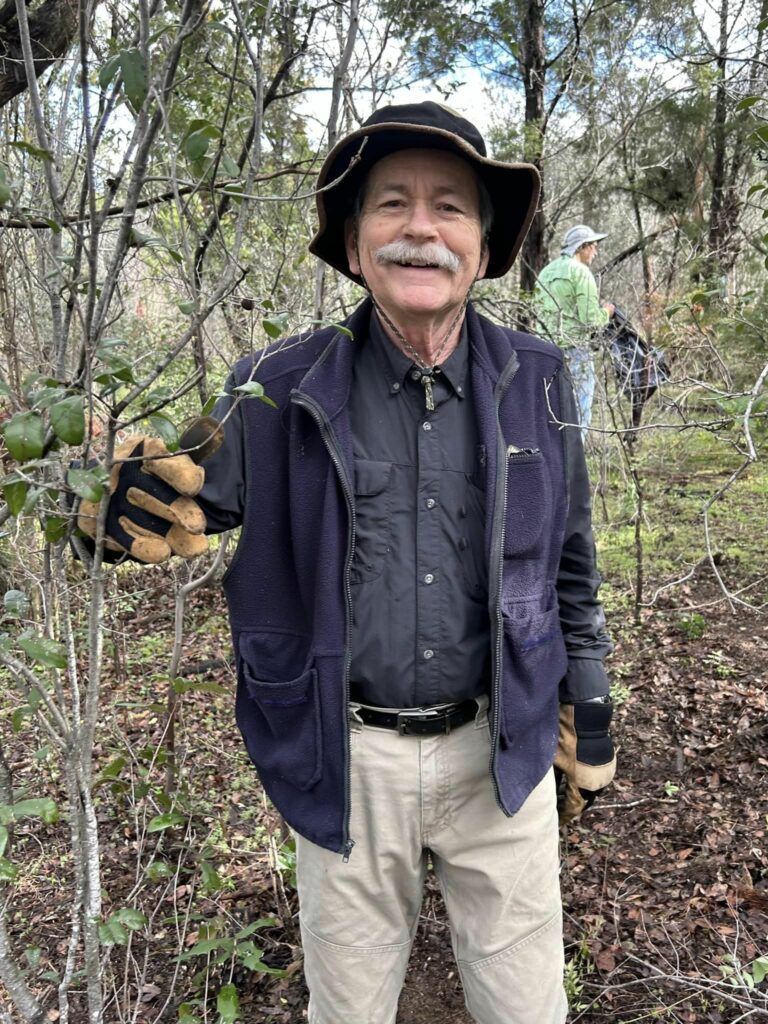Max Woodfin
“The pesticide regulatory program had essentially been toothless by choice. One of the reasons Hightower hired Rick Lowerre was because Rick understood the regulatory world and how to use regulations to fairly enforce the law. TDA didn’t do anything genius-level. We just started enforcing the rules and the laws that were already in place. If a pesticide applicator caused pesticides to drift on to a neighboring farmer’s field, we used the law to penalize that person, mostly to try to get them not to do it again. There were some teeth in the laws. It just took actually enforcing them.
Rick Perry in the legislature created an oversight body to supervise or oversee Hightower’s pesticide enforcement policies and actions. Rick Perry was one of the authors of the legislation, and everybody knew that the whole deal was to put another sack of lead weights on Hightower’s back. It was to slow down TDA and to keep it from being as nimble as it needed to be to enforce regulations. Because of my position in the regulatory department, I was fortunate, or unfortunate, enough to be at the first meeting of this new quasi-regulatory body (the Agricultural Resources Protection Authority, I think was its name. After Hightower was defeated, Governor Ann Richards appointed me as the consumer representative to the authority, so I got to give Rick Perry at least a little bit of payback) when Othal Brand made his famous statement, ‘What are you worried about them farm workers and pesticides, they’re going to die of something anyway.’ It was not on video, but it was recorded on audio. Andy Welch, who was Hightower’s communications director, had a tape recorder in the room, or someone had a tape recorder in the room. It was scratchy but we were able to capture that quotation from the esteemed producer from McAllen. We used the publicity arm of TDA to make sure that as many reporters in the state as possible heard or read what Mr. Brand had said.”
Max Woodfin was hired to coordinate the communications of TDA’s Regulatory Division. As he describes it, Almost anything that the regulatory department covered came under his purview. When Rick Lowerre, the Assistant Commissioner for Regulatory Affairs was out of the office, Max served as his backup. He says that he would be left not so much in charge, because no one could be in charge of the people working for the division. They were all doing their own things. Max would have to manage these wonderfully brilliant people whether they were in natural resources, pesticide regulation, or pest management or consumer affairs.
